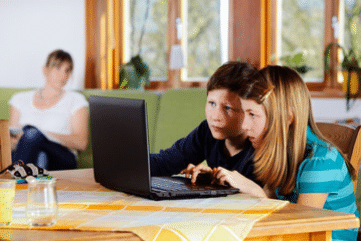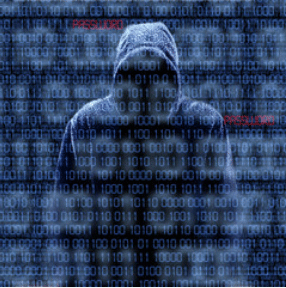Parental Controls – How to protect Your Kids’ from the dangers of the internet
Internet Dangers
WHY?
A range of devices are already fully active in the daily lives of people of all ages. They are very useful tools for many different reasons, however they can also become very dangerous if they are not used properly.
Nowadays, it is very common that children receive their first smartphone around the age of about 10/11 years of age, this is even sometimes reduced a little more when we talk about tablets. While many fathers and mothers are aware of the responsibility, I.E having agreements in place to ensure proper and timely use their child has with a phone. Parents may not be aware of the many potential dangers that their children could be exposed to, if not secured properly.
POTENTIAL DANGERS
Cyber-bullying
Not only does bullying happen in school and playgrounds but in the digital world aswell. Cyber-bullying includes sending hateful messages or even death threats to children, spreading lies/rumors about them online, making nasty comments on their social media profiles or creating a website to make fun of their looks or reputation.
Groomers
Those seeking to snare our children. Grooming is a process where a predator tries to draw a victims (usually young children) into a sexual relationship and maintain that relationship in secrecy. The confidentiality of the relationship is an essential feature of grooming. The online world opens the door for trusting young people to interact with virtual strangers, who purport to be of the same age and have similar interests. While sexual predators have targeted children in chat rooms, they will migrate to wherever young people go online.
Internet Dangers
Explicit Content
What you think is inappropriate material for your child will differ from your child’s view and of other parents. It also depends on your child’s age and maturity level to what content they should be exposed to. Explicit content includes; information, videos or images that may disturb your child, material aimed for adults, inaccurate information or information that might lead or tempt your child into illegal or dangerous behavior and inappropriate websites that your child may accidentally stumble upon or unknowingly be directed to.
Viruses
A computer virus is a type of program which an individual will use to target a device which will invade and perform a lot of negative functions on the device such as displaying pop up messages, tampering with personal files and data, or even deleting files and destroying the computer’s hard disk. Some viruses can hold you to ransom before releasing your information back to you or collect your personal information for identity theft. Not just children but anyone can contract viruses from a number of things such as; Opening email attachments, downloading files and programs from the Internet, opening unknown greeting cards and screen savers, clicking on certain links and sometimes just by browsing through a bad website. You can put blockers on your device which will limit what content your child can view, making sure your child is safe while browsing the web. Strangers can also hack into any device. Usually a device with a camera and microphone allowing them to get complete control of the device and being able to watch children and listen to them through the microphone and camera on the device unbeknown to the individual. It is imperative that parents monitor the device of your child is using, for any unusual activity.
Social Networks
Social media’s like Facebook, Twitter, Snapchat and Instagram are very popular online social networks. These are all very powerful platforms which predators also use in order to interact with young children. They do this by posing as someone who they are not or as other children. Parents should be monitoring these social networks and what their children are projecting as their profiles will share a lot of information to strangers everywhere. For example, if a social profile is not setup with correct privacy settings, kids can become victims of their own inexperience with new technology. Your child could accidentally post content on their social profiles that is very private or post something they could potentially regret in the future. To prevent this, be aware and control the social networks your child is on, and you can also make all social profiles private, so only people who you allow to see your content can view it.
if you would like to find out more on how to prevent these potential internet dangers click here!
The post Parental Controls – How to protect Your Kids’ from the dangers of the internet appeared first on ZedCarz.
More posts





